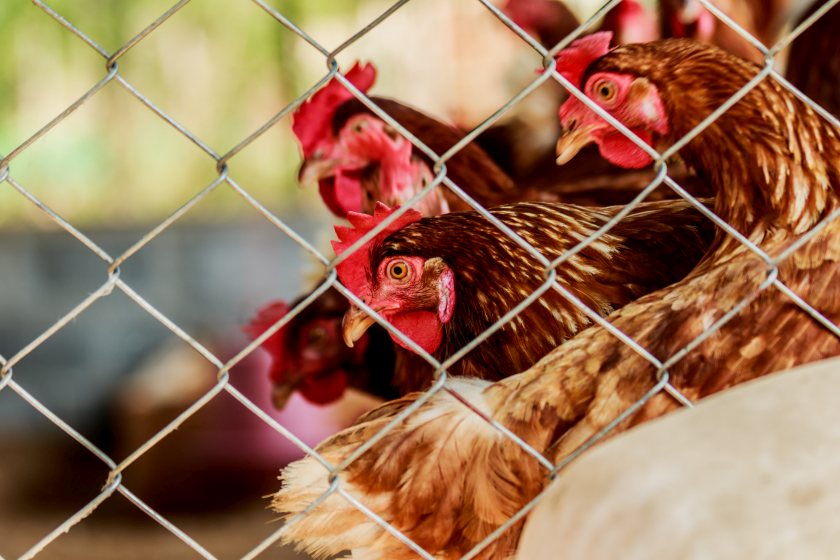MPs urge fast-track for gene editing as bird flu pandemic fears grow

A cross-party group of MPs and peers is urging the government to fast-track gene editing legislation for farmed animals amid rising global bird flu cases and pandemic fears.
The group is calling for the urgent implementation of secondary legislation under the Genetic Technology (Precision Breeding) Act 2023, enabling the use of gene editing in livestock.
MPs and peers warn that swift action is particularly needed to combat the escalating threat of H5N1 avian influenza and avert the risk of another pandemic on the scale of Covid-19.
It comes after leading virologists at the Global Virus Network (GVN) warned that recent outbreaks of bird flu in US dairy herds and humans signal a growing risk of human-to-human transmission.
Experts at the GVN highlighted that over 995 cattle herds and at least 70 people have been affected in the US, including severe cases and one fatality.
“Sporadic human infections with no known contact with infected animals highlight the possibility of viral adaptation for efficient human-to-human transmission,” the authors of the study cautioned.
In the UK, similar transmission of bird flu to mammals has been confirmed in sheep, seals, dolphins, red foxes, otters and dogs.
Meanwhile, the UK Health Security Agency (UKHSA) confirmed the country’s first human case in January 2025.
Lord Trees, a veterinarian and vice-chair of the All-Party Parliamentary Group on Science and Technology in Agriculture (APPGSTA), stressed that such warnings must be urgently heeded.
He pointed to pioneering UK-based research, led by scientists at the Roslin Institute in Edinburgh, which is working to develop chickens resistant to bird flu using gene editing techniques.
“Publicly-funded research in the UK is ahead of the curve and may hold the key to stemming H5N1 transmission from wild birds to farmed poultry on a global basis,” said Lord Trees.
“I urge government to act without delay to bring forward the secondary legislation needed to implement the Precision Breeding Act for farmed animals. It is more than two years since the act received Royal Assent."
Researchers at Roslin reported encouraging results eighteen months ago, demonstrating effective resistance in gene-edited birds.
Their goal is to create chickens that are fully immune to the H5N1 strain of avian influenza and incapable of transmitting the virus, potentially within the next two years.
Lord Trees also welcomed news that UK genetics firm Genus has secured US approval for its gene-edited pigs resistant to porcine reproductive and respiratory syndrome (PRRS), developed in partnership with the Roslin Institute.
"We have strongly argued that there is a moral imperative to free up access to these new genetic technologies where they can be used to improve health and welfare in farmed animals," he said.
"Healthier animals are also more productive, which makes good economic sense. Shares in Genus reportedly jumped by 22% on news of the FDA approval.
“Given government’s pro-growth agenda, surely this is a positive sign that we should be capitalising on our scientific leadership in these technologies?”








